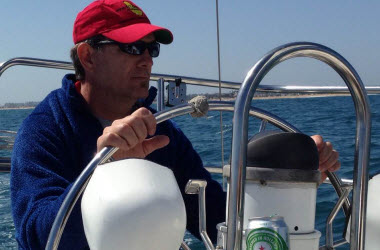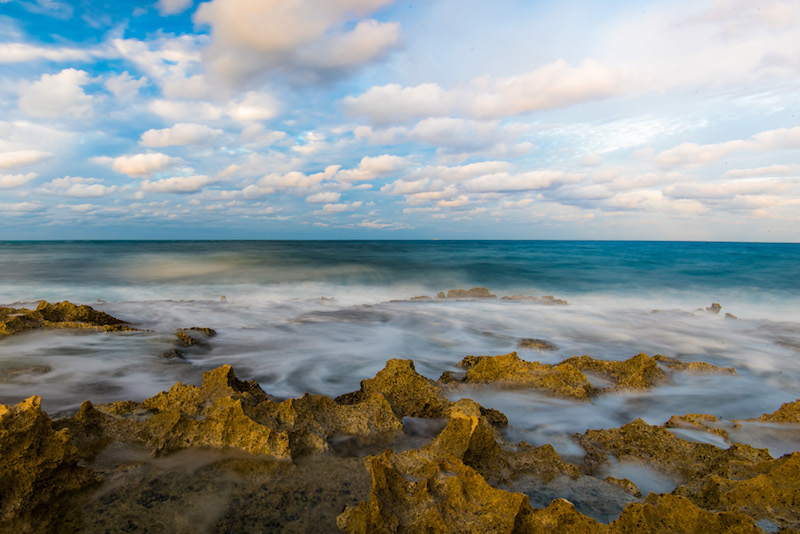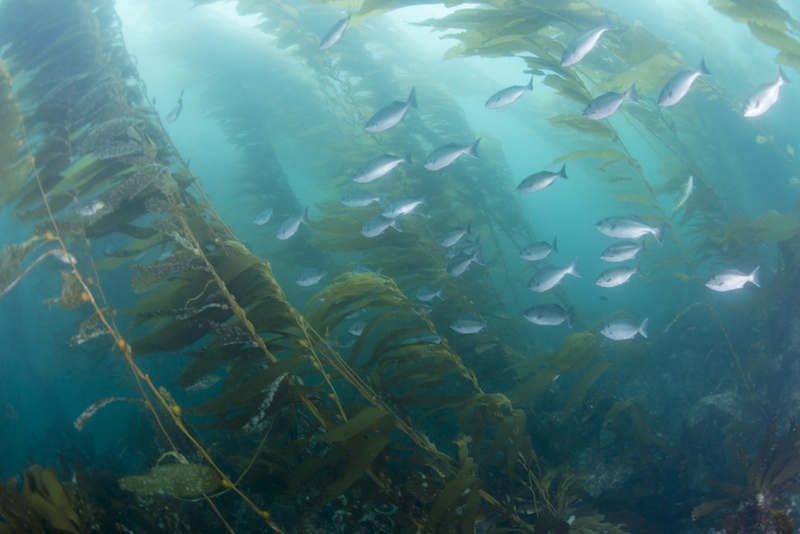May 23, 2017
Facts, figures, and headlines can make the world’s problems distant and insurmountable. It’s easy to shut it off and choose to not care. For those of us who want to care but don’t know where to start, community involvement can feel like a warm hug.
At Ocean First Education, our mission is to create ocean stewards who are passionate about ocean conservation. While a lot of what we do happens behind a computer screen, we try to get out into the community for events to talk with the people who share our mission and passion for the ocean. 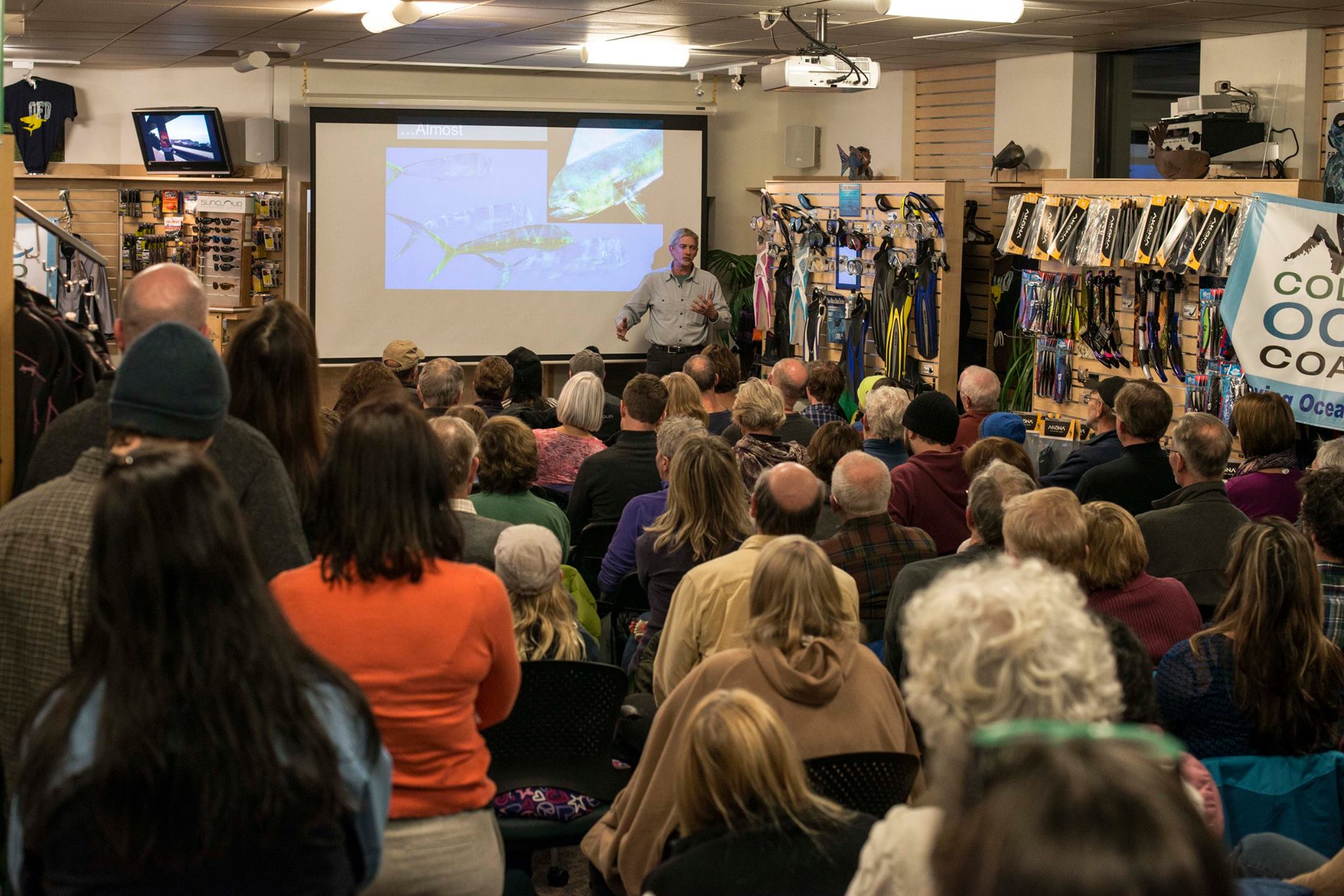 There is a basic and powerful connection that happens when we find ourselves talking with others who find immediate common ground with our educational, scientific, and passionate approach to ocean conservation.
There is a basic and powerful connection that happens when we find ourselves talking with others who find immediate common ground with our educational, scientific, and passionate approach to ocean conservation.
In addition to doing the graphic artwork for Ocean First Education, I am also the marketing director for Ocean First, the sister organization to Ocean First Education. As a part of my job, I help organize evening socials as a way to bring together Colorado’s ocean-lovers and land-locked divers in a friendly and educational environment.
The conversations I see take place at these types of events are unique and exciting: a local coral scientist speaking with a newly-certified diver discussing the plight of the world’s coral populations, a veteran traveler talking with a professional photographer about the merits and downfalls of venturing to the remote corners of the world, a swim instructor demonstrating stroke techniques to a diver heading out for their first dive adventure in 10 years. It’s a validating experience to have a face-to-face connection with someone who is very different from yourself, but shares the same values, concerns, and enthusiasm for the things you care about.
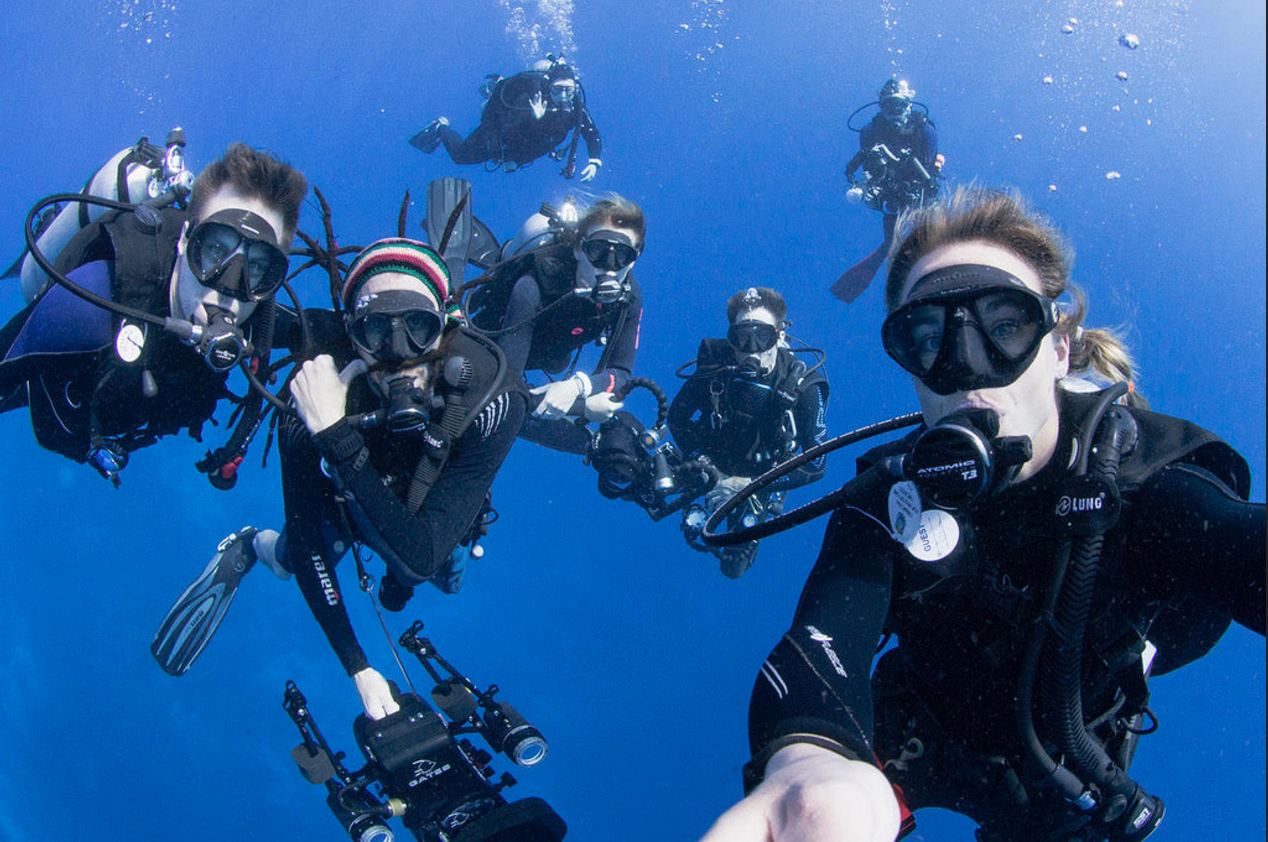
Sometimes getting out of your bubble and out from behind your screens can feel intimidating; admittedly, it can be awkward to start that first conversation at a meetup or an expo. Just remember that (almost) everyone at a community event is there because they want to meet other people, and you already have a built-in conversation starter. “What made you get into marine science?” “How has your experience been with finding an inland ocean community?” “What’s the favorite place you have been scuba diving?” are all great open-ended questions that can lead to building a new community.
Challenge yourself to get out and into the community at least once a month. Local calendars, meetup.com, and newsletters by your favorite organizations are great places to start to look for community gatherings. With a little effort, you might be surprised at how quickly you become a familiar face!

